Neiegkeeten
-
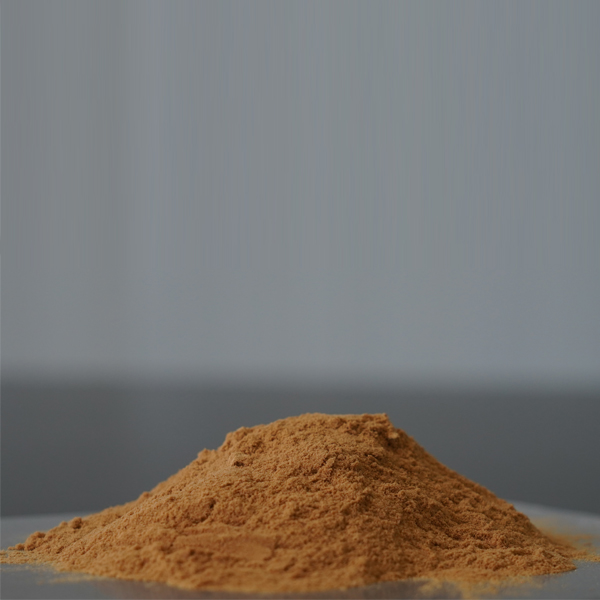
Plant Nutrition: How Chelating Agents in Fertilizers Boost Bioavailability
In modern agriculture, enhancing crop nutrition is essential to meeting global food demands, and chelated fertilizers are leading the way.Liest méi -
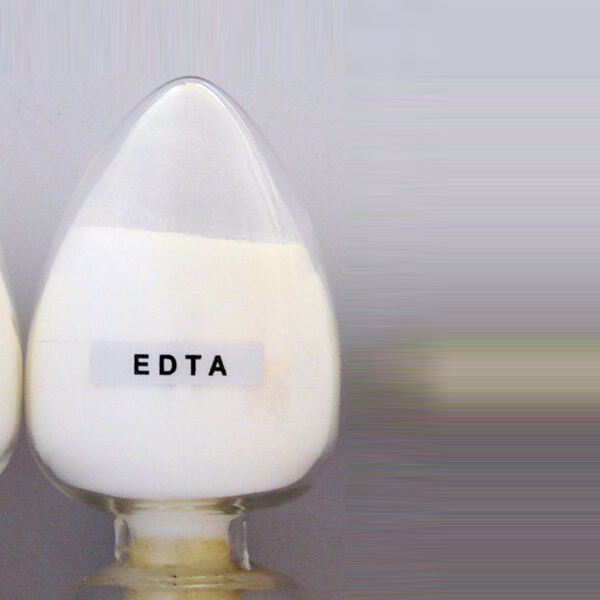
Green Soil Remediation: The Power of Heavy Metal Chelating Agents
Soil contamination by heavy metals is a significant environmental challenge, but chelated agents like EDTA chelators and copper chelators offer a promising solution.Liest méi -
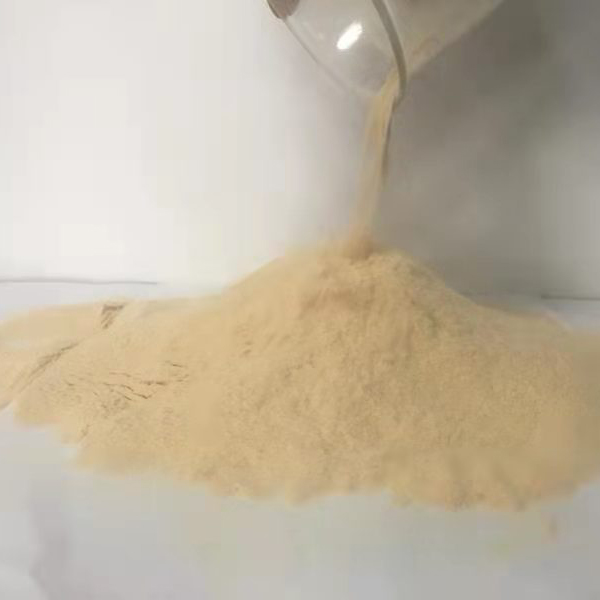
Chelating Agents: The Unsung Heroes in Heavy Metal Poisoning Treatment
Chelating agents may not be a part of our everyday conversations, but these powerful compounds are lifesaving in cases of heavy metal poisoning.Liest méi -

Versatile Cleaning Power of Iminodisuccinic Acid and Its Derivatives
When it comes to eco-friendly and effective cleaning agents, Iminodisuccinic Acid (IDS) and its derivatives—Iminodisuccinic acid sodium salt, Tetrasodium Iminodisuccinate, and Iminodisuccinic acid potassium salt—are leading the charge.Liest méi -

Role of Polyaspartic Acid in Water Treatment
Polyaspartic acid, along with its derivatives such as polyaspartic acid sodium salt and polyaspartic acid zinc salt, has become a valuable tool in water treatment.Liest méi -
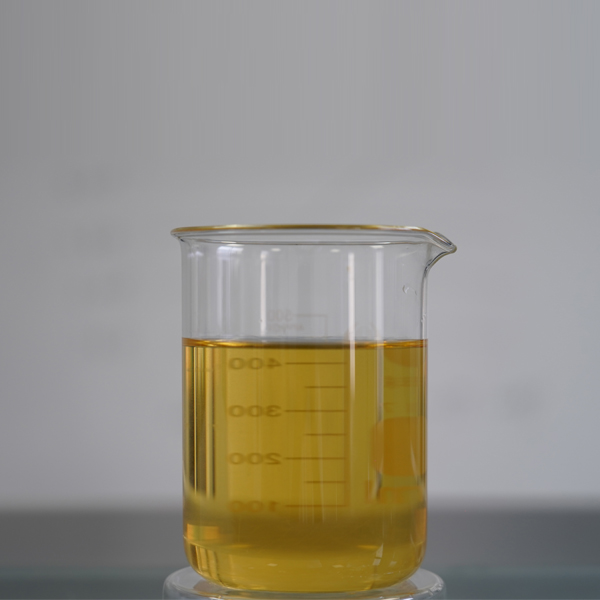
Polyaspartic Acid and Its Potential Applications in the Pharmaceutical Field
Polyaspartic acid and its derivatives, such as polyaspartic acid ammonium salt, potassium polyaspartate, and poly L-aspartic acid sodium salt (CAS: 181828-06-8), have garnered attention for their biocompatibility, degradability, and wide application potential.Liest méi -

Functional Comparison: Potassium of Polyaspartic Acid and Tetrasodium Iminodisuccinate
In the world of water treatment and environmentally friendly chemicals, Potassium of Polyaspartic Acid, Polyaspartic Acid Structure, Tetrasodium Iminodisuccinate, and Iminodisuccinic Acid play pivotal roles.Liest méi -
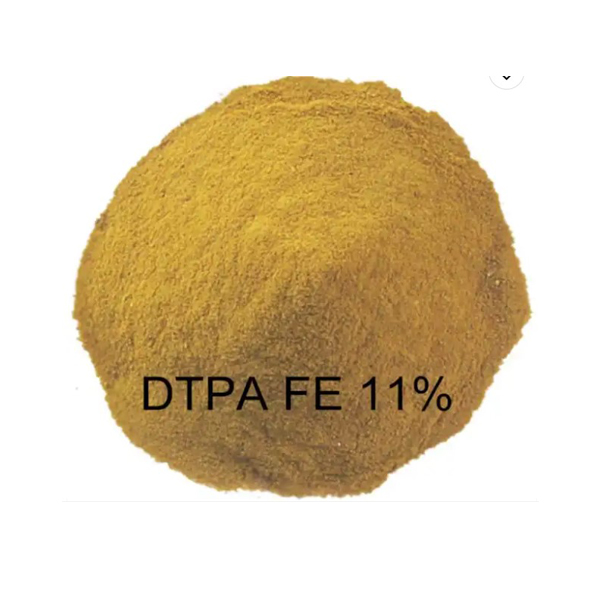
Chelating Agents and Liquid Micronutrients for Plants: Enhancing Growth Naturally
Chelating agents play an essential role in promoting plant health, particularly when combined with liquid micronutrients for plants.Liest méi -
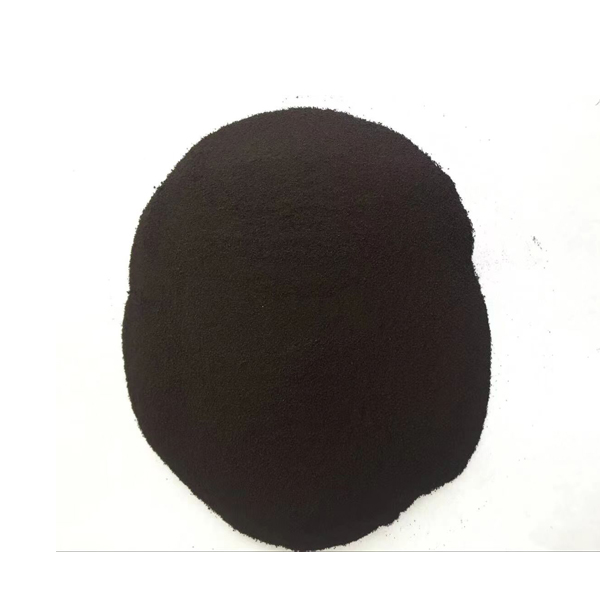
Chelated Fertilizer and Chelating Agents in Agronomy: Optimizing Plant Micronutrient Uptake
In agronomy, achieving the right balance of nutrients is crucial for plant health, growth, and crop yield.Liest méi -

What is Polyaspartic Acid Sodium Salt?
Polyaspartic Acid Sodium Salt is a fascinating compound that has garnered attention in various fields, including materials science, coatings, and biomedical applications.Liest méi

